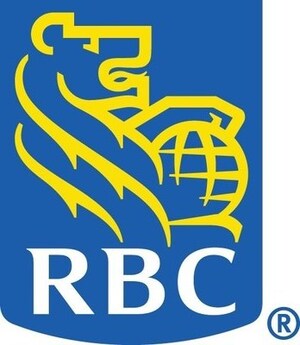RBC Wealth Management Report Highlights New Opportunities in Health Care
Biosimilar Revolution Creating New Prospects for Investors
MINNEAPOLIS, April 29, 2015 /PRNewswire/ - A new class of medical products designed to slash costs for patients and health care providers could also hold some promise for investors seeking new investment opportunities, according to a new report from RBC Wealth Management.
Biosimilars, the first of which was approved for use in the United States in March 2015, are essentially replicas, or copycats, of biologic drugs—the most complex, exotic, and expensive specialty drugs on the market. RBC Wealth Management's special report, The Biosimilar Revolution, details how the burgeoning biosimilar market will create new competition in the biotech and pharmaceutical industries and play a large role in determining the health care industry's winners and losers in the years ahead.
"The evolution of biosimilars should create significant revenue opportunities for companies that can successfully develop and market them," said Kelly Bogdanov, a portfolio analyst with RBC Wealth Management and one of the authors of the report. "Investors would be wise to pay attention to which companies emerge as leaders."
Given the ultra-competitive nature of the biosimilar market and the early stage of development, large pharma and biotech companies with substantial resources and know-how will likely be the near-term winners, the report predicts.
Biosimilars are now available in all major developed nations and many developing countries. The EU was at the forefront, approving its first biosimilar in 2006, and has endorsed 20 others since then. But the U.S. Food and Drug Administration's (FDA) green light of the country's first biosimilar treatment in March 2015 was a watershed moment. It dramatically expanded the global biosimilar market and changed the scope of opportunities and challenges facing drug companies.
The U.S. currently accounts for nearly half of all biologics consumed worldwide. Furthermore, biologics have the potential to reach 50% of total U.S. drug expenditures by 2018, according to a University of Minnesota study.
"In addition to greatly expanding the market, the introduction of biosimilars in the U.S. should incentivize biologic companies to put more resources toward developing drugs in categories that require the greatest innovation and expense, which would make them more difficult to replicate with a biosimilar," added Bogdanov. "We believe this could spur a new wave of innovation in novel drug categories that have unmet medical needs."
About RBC Wealth Management - U.S.
In the United States, RBC Wealth Management operates as a division of RBC Capital Markets, LLC. Founded in 1909, RBC Capital Markets, LLC. is a member of the New York Stock Exchange, the Financial Industry Regulatory Authority, the Securities Investor Protection Corporation, and other major securities exchanges. RBC Wealth Management has $270 billion in total client assets with 1,900 financial advisors operating in 200 locations in 41 states.
SOURCE RBC
WANT YOUR COMPANY'S NEWS FEATURED ON PRNEWSWIRE.COM?
Newsrooms &
Influencers
Digital Media
Outlets
Journalists
Opted In



Share this article